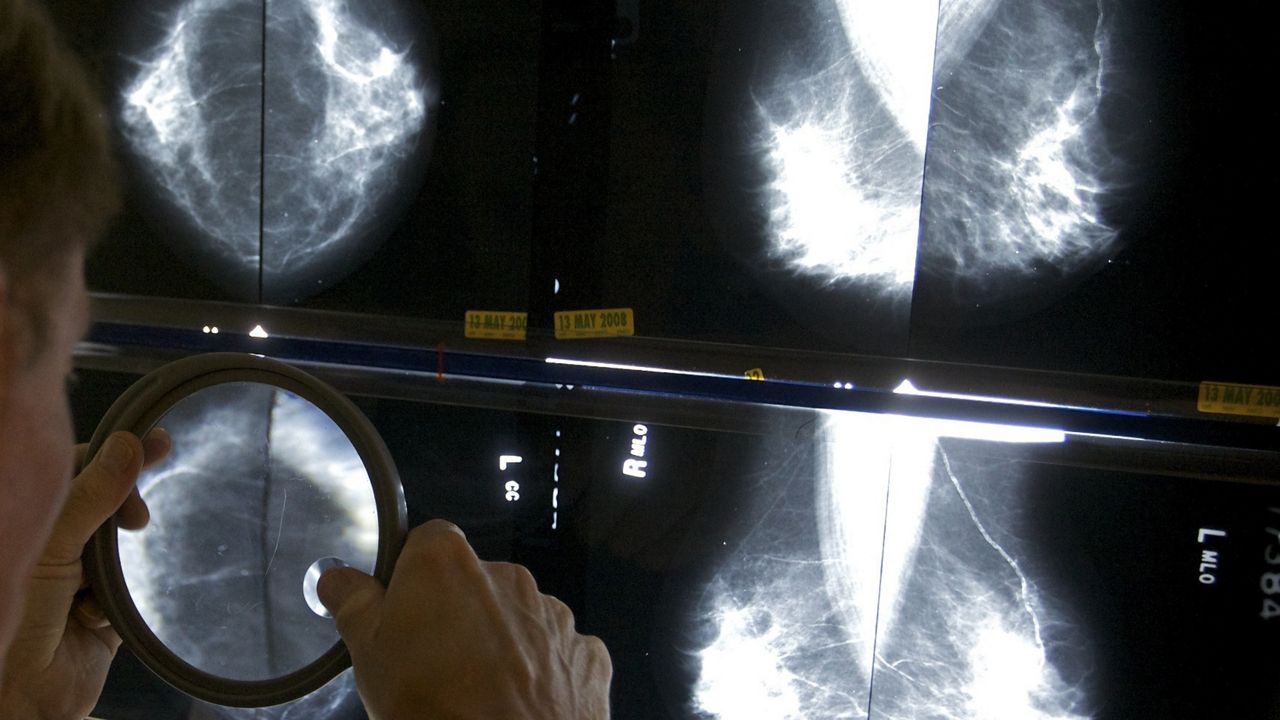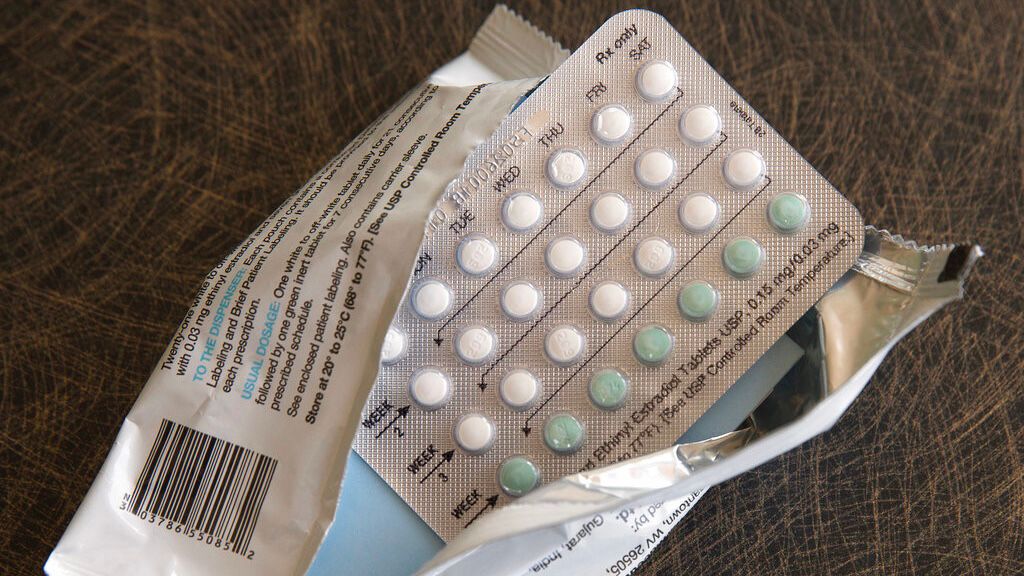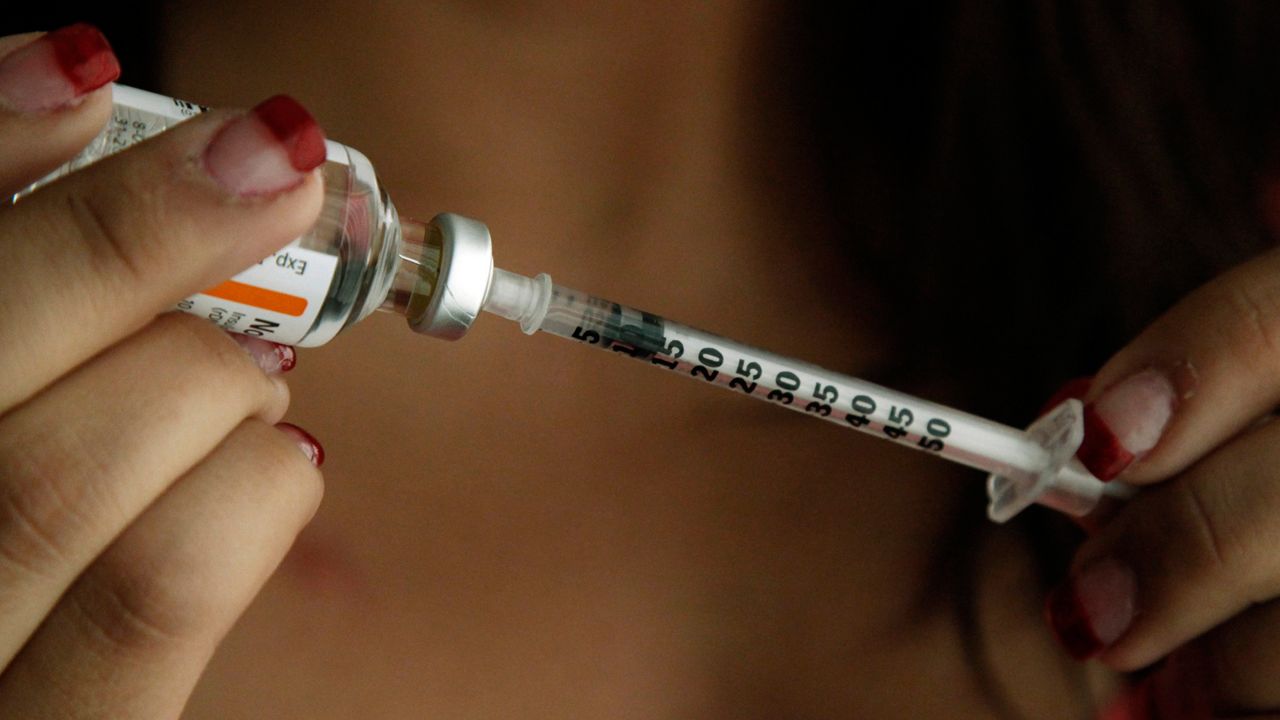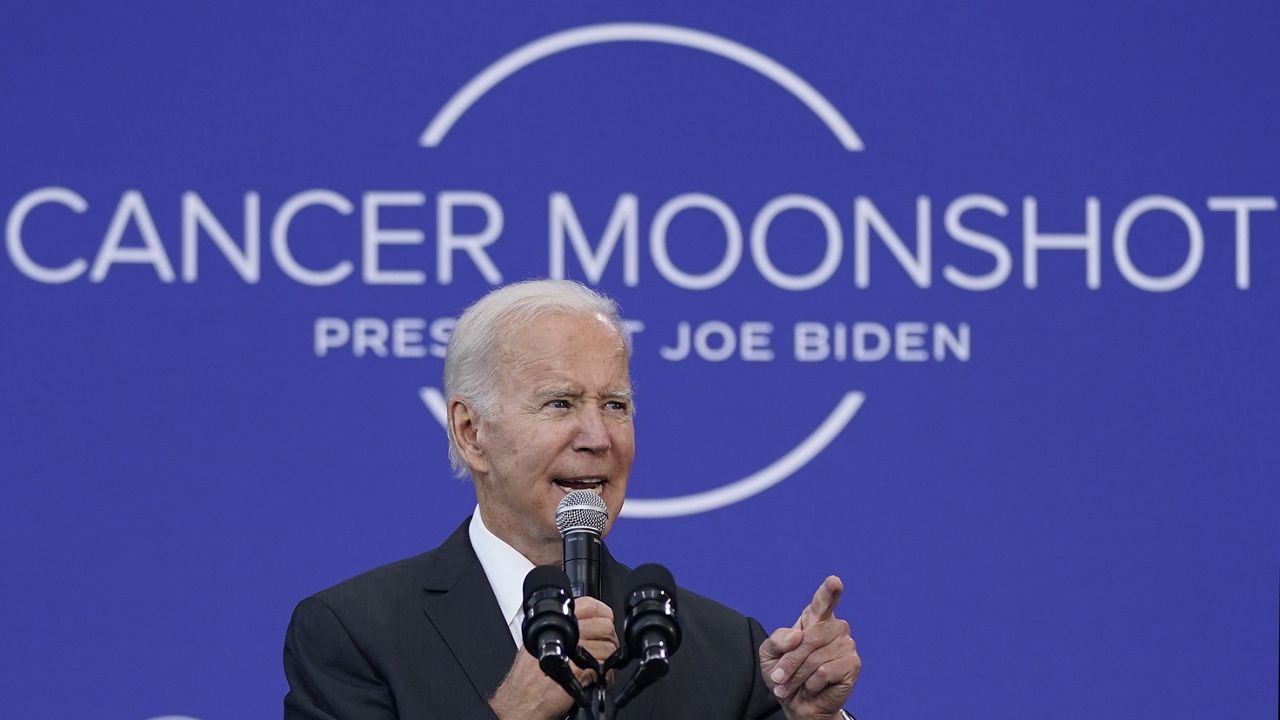New draft guidelines from a key federal health panel say that women should begin getting screened for breast cancer at 40 instead of 50.
The new recommendation from the U.S. Preventive Services Task Force released Tuesday says that women who are at average risk for breast cancer should begin getting screened every other year until age 74.
That includes people with a family history of breast cancer or people with other risk factors, but does not apply to "people who have a personal history of breast cancer, who have had a high-risk lesion on previous biopsies, or who are at very high risk of breast cancer due to inheriting certain breast cancer genes or a history of high-dose radiation therapy to their chest at a young age," the agency said in a release.
"The USPSTF found adequate evidence that mammography screening reduces breast cancer mortality in women aged 40 to 74 years," the new draft guidelines read, adding that the number of deaths averted increases with age.
The agency also acknowledged disparities with breast cancer, noting that Black women "are 40 percent more likely to die from breast cancer and too often get deadly cancers at younger ages."
"The Task Force recognizes this inequity and is calling for more research to understand the underlying causes and what can be done to eliminate this health disparity," the USPSTF wrote in a fact sheet about the updated recommendations.
The panel's previous recommendation, from 2016, recommended that women begin screening at age 50, but noted that the choice to do so at a younger age "should be an individual one."
"Women who place a higher value on the potential benefit than the potential harms may choose to begin biennial screening between the ages of 40 and 49 years," the agency wrote at the time.
The news comes amid a rise in the rate of breast cancer among women ages 40-49; the rate increased 2% annually from 2015-19, on average, according to data from the National Cancer Institute.









